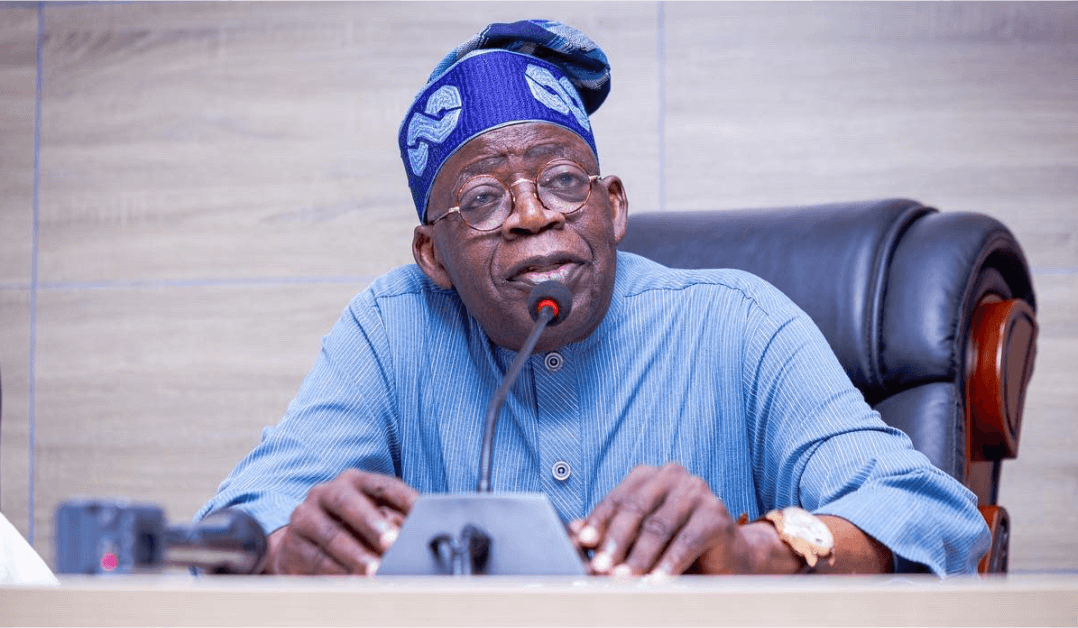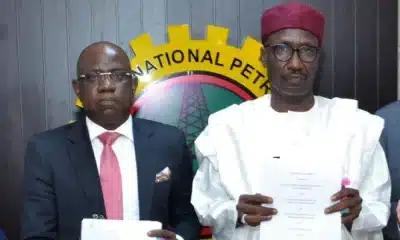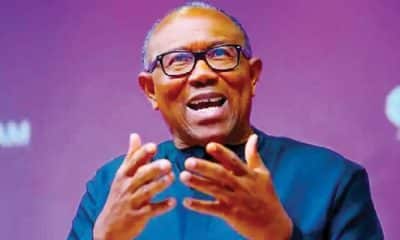Nigeria News
HURIWA Accuses President Tinubu Of Nepotism Over Appointments

The Human Rights Writers Association of Nigeria (HURIWA) has accused President Bola Ahmed Tinubu of fostering nepotism by extending the tenures of certain public officials, particularly those from the Yoruba ethnic group.
Naija News reports that the group claims that this practice undermines meritocracy and promotes tribalism in Nigeria’s national governance.
HURIWA’s criticism comes after the president approved the extension of Mrs. Kemi Nanna Nandap’s tenure as the Comptroller-General of the Nigeria Immigration Service (NIS) until December 31, 2026.
The group labelled the move as an “abuse of power” and questioned whether there were no other qualified officers within the service who could take on the role.
In a statement signed by HURIWA’s National Coordinator, Comrade Emmanuel Onwubiko, the group expressed its concern that President Tinubu was prioritizing ethnicity over competence in making key decisions about national leadership.
HURIWA argued that the decision to retain officials from predominantly Yoruba backgrounds suggests that capable candidates from other ethnic groups are being sidelined.
The group likened this to the nepotism of former President Muhammadu Buhari’s administration, which heavily favored Fulani appointees.
“This decision suggests that competent candidates outside the Yoruba ethnic group are being overlooked for strategic national positions. It mirrors the nepotism of the Buhari administration, which heavily favored Fulani appointees,” HURIWA said in the statement.
In addition to the NIS Comptroller-General’s extension, HURIWA also condemned the extension of Inspector General of Police (IGP) Kayode Egbetokun’s tenure.
The group criticized the amendment to the Police Act, which allowed Egbetokun to remain in office beyond the mandatory retirement age of 60, alleging that the decision was driven by ethnic and personal affiliations rather than adherence to public service rules.
HURIWA urged President Tinubu’s government to prioritize merit, competence, and patriotism over ethnic considerations. The group emphasized the need for inclusive governance that fosters national unity and fairness, rejecting what it sees as a trend of ethnic favoritism under the current administration.
“Merit, competence, and patriotism must be the guiding principles in our leadership appointments,” HURIWA concluded, reiterating its call for a fairer and more inclusive governance structure.












